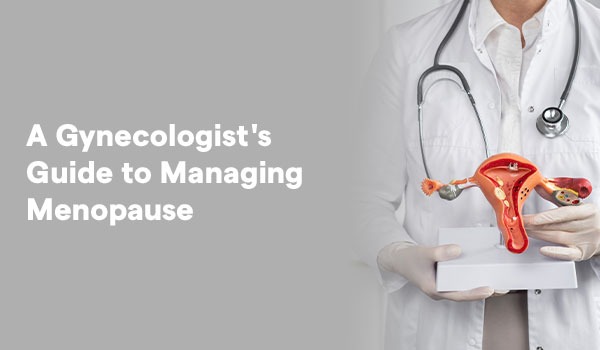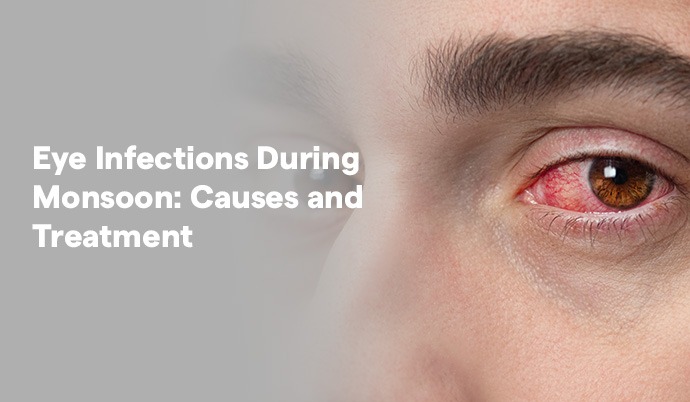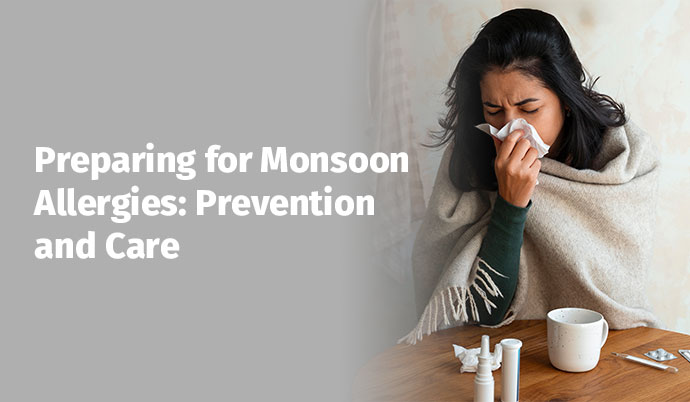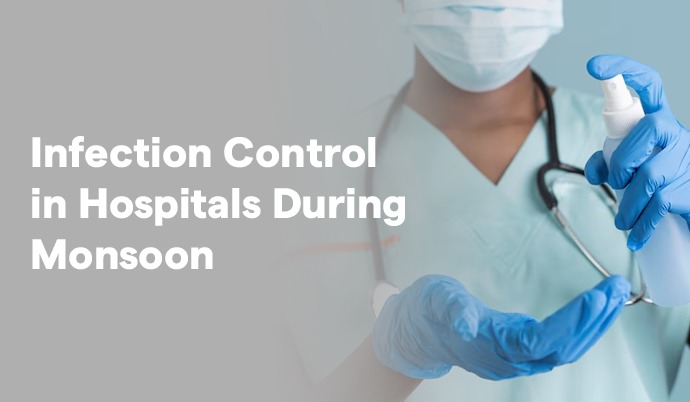
According to the World Health Organisation (WHO), by 2030, an estimated 1.2 billion women worldwide will have reached menopause and postmenopause. Nearly 130 million women in India alone are expected to reach menopause by 2026 (Indian Menopause Society). The average menopausal age is approximately 46.2 years, about 5 years earlier than their Western counterparts. It is not just a statistical report; it is a wake-up call for awareness, care, and timely support.
A woman is said to experience menopause if she has remained without a period for 12 months. It is not a sudden occurrence; menopause happens with the perimenopause, a transition phase where hormones, especially estrogen and progesterone, start to go out of control.
Some reported signs of menopause are:
These are not just menopause symptoms, are all biological changes, not psychological ones, that influence everything from your bones to your libido. It must be taken into consideration that menopause is natural, so it needs to be managed.
Role of Estrogen & Progesterone in Menopause
Estrogens and progesterone are the spirit of your reproductive orchestra. As they drop, everything from your brain function to bone density to bladder control gets a front-row seat to the chaos. Declining estrogen levels also increase the risk of:
Knowing the hormonal changes occurring inside your body helps you plot the perfect defence strategy, with your gynaecologist as your best supporter during menopause.
Your Menopause Survival Toolkit
One must be aware of the gynaecologist-approved guidelines to reclaim your power and maintain your health during menopause:
1. Hormone Replacement Therapy (HRT)
HRT entails supplementing the body with estrogen (and usually progesterone). This treatment can be a real blessing as it helps in eliminating:
Specialists suggest always getting a baseline mammogram and liver function test before starting HRT, as regular monitoring is the key to a healthier way of managing menopause symptoms.
2. Non-Hormonal Medications
Don’t want hormones? That’s fine! SSRIs (Selective Serotonin Reuptake Inhibitors) such as paroxetine can help with hot flashes and mood changes, while gabapentin and clonidine may also be an option to consider for menopause symptoms.
3. Consume Nutritious Food
Food is medicine, and menopause is when the whole approach towards diet and nutrition needs to change. Menopause weight gain can be tackled with smarter choices, such as:
Small menopause-friendly changes to dal-chawal or khichdi could include sprinkling some flaxseed powder into it, with a good amount of fibre-rich veggies.
4. Exercise: Move to Improve
Weight-bearing exercises like walking, dancing, and light strength training help with:
Yoga and Pilates? All these work wonders for your body and soul. Flexibility, joint pain relief, and stress reduction all come with the package. A research study from Harvard concluded that brisk walking for 30 minutes, five times per week, could lessen the heart-disease risk in menopausal women by almost 30%.
5. Sleep Hacks
Your night sweats already had you melted and crumbled away by 2 a.m., so try these hacks for a sound and healthy sleep:
Better sleep = better handling of menopause symptoms.
6. Mental Health Matters
Don’t gaslight yourself into thinking it’s “just hormones” if you’re feeling low. As up to 20% of women experience clinical depression during menopause. Talk to a therapist, explore mindfulness meditation, journal it out, or even try guided support groups. Your mental wellness is just as important as your physical health during menopause.
In India, menopause is hushed about as if it's some sort of secret club. But it should be a kitchen-table discussion. Cultural myths tend to downplay the emotional and physical strain it has on women. Hence, to overcome this cultural taboo, gynaecologists prescribe:
Also, homoeopathy and Ayurveda are common complementary therapies in Indian households, but always consult with the specialists before combining the medical with the traditional.
Navigating Intimacy & Relationships
Dryness? Lack of libido? All these signs of menopause are real, but not permanent. Open dialogue with partners, therapy of the pelvic floor, and even vaginal estrogen creams can revive intimacy. Open communication between the partner and the patient is key in bringing back intimacy.
When to Visit a Gynaecologist?
Here's your checklist:
Your body is dropping signals like Wi-Fi in a storm, so don't ignore them. Menopause is not a cliff, it’s a hill, and you’ve got hiking boots. With the right support, guidance, and self-love, this phase can be empowering. Visualise it as your "second spring", a season to reimagine, reinvent, and reclaim your well-being. Today's gynaecologists are not only prescribers, they're allies in guiding you through this hormonal transition with intelligence and poise. To know more about managing menopause, proper diagnosis and treatment, book an appointment with Sir Ganga Ram Hospital today.




